How about the flytrap? the culture skills of Venus flytrap
Today, with the increasing development of science and technology, but the environment is getting worse and worse, more and more people like to cultivate green plants, because green plants can not only beautify the environment, but also purify the air and protect human health. so now there are more and more varieties of green plants. Some plants are used to watch, some plants are used to eat, and some plants are used to catch insects. So let's take a look at the flytrap and the culture skills of Venus flytrap.
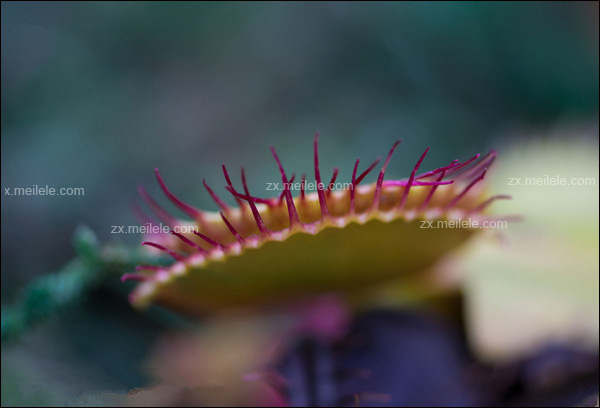
Flytrap is a kind of vascular plant and is native to North America. It is said that because its leaf edge has regular bristles, like Venus' eyelashes, so the English name is "Venus Flytrap", translated as "Venus' fly trap". Its main feature is that it can quickly close the leaves to prey on insects, with obvious spiny hairs and red sessile glands, which looks like a big mouth with teeth and claws. Potted plants can be used in sunny windowsills and balconies, and can also be cultivated in planting troughs. Flytrap is known as a carnivorous plant in nature and is a very popular insectivorous plant.
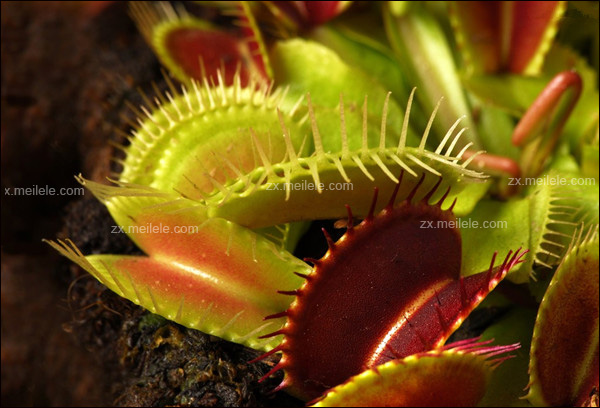
● habit
Flycatchers like humid, warm and sunny environments. Afraid of dryness and strong light, not resistant to cold. It is suitable for peat bryophyte with good fertility, looseness and good air permeability, and the soil pH value is about 5.5. The optimum temperature in spring germination and summer growth period is 21 ℃ 31 ℃, and the winter temperature should not be lower than 8 mol. Otherwise, it is vulnerable to low temperature injury.
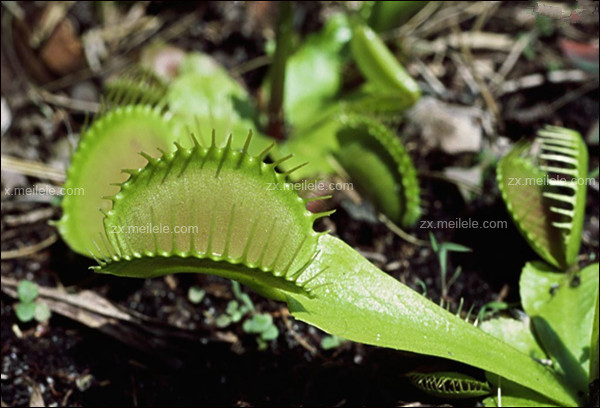
● propagation
Ramets, cuttings, sowing and propagation are commonly used. The ramets are mostly carried out in March in spring, and the bulbs can be potted directly. The bulbs should not be planted too deep, and the top of the bulbs can be flush with the surface of the potted soil. The leaves are mainly inserted in the growing period, and the mature and robust leaves are cut and inserted in the peat moss. Keep a high air humidity after planting, and it can take root in about 30 days. It is suitable to sow in the pot from March to April in spring, and the peat moss soil is selected in the basin soil to keep the substrate moist after sowing. The optimum temperature for germination is 19: 26 ℃ and germinates about 45 days after sowing.
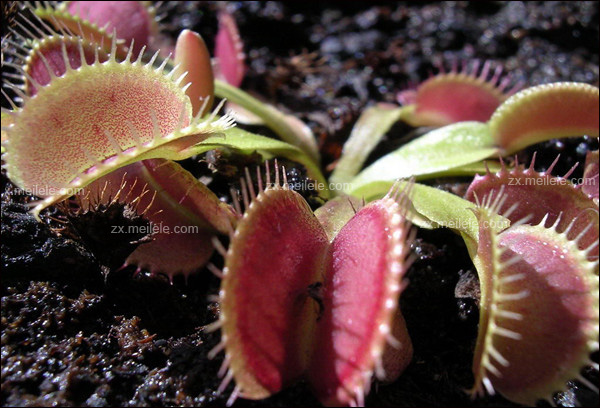
● maintenance
Flytrap seedlings grow slowly, so there are many tiles at the bottom of the basin, covered with peat moss soil, and often spray water to maintain high air humidity; during the growing period, they are not fertilized, and are regularly fed with fresh beef slices or insects. At the same time, they can grow strong in places where there is enough sunshine, and it is easy to mildew if there is not enough light. Enter the dormant period in winter, the room temperature should not be too high, but still need to maintain a high air humidity.
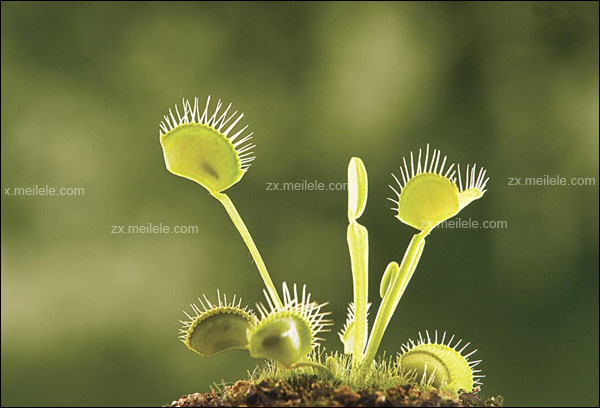
The above is what we introduce to you about flytrap and Venus flytrap culture skills, how, everyone has a certain understanding of flytrap and Venus flytrap how to grow it. If you are interested, you might as well try planting at home, which can not only beautify the indoor environment, but also help "eliminate" indoor insects.
[more information]
| | touch incense | marigold planting | Happiness tree conservation method | Flower picture and name | the function of green radish flower | how to raise gardenia flower |
| | Culture method of cactus | picture of potted flowers | Jiuli fragrant bonsai | Culture method of crab claw orchid | Snow bonsai in June | Wanlian |
| | Office fengshui plants | Culture method of dripping Guanyin | Culture method of Camellia | hyacinth flower language | Rose picture |
| | Picture of money tree | poem of plum blossom | potted fruit tree | how to raise carnations | is rubber tree poisonous | Cymbidium cymbidium with nine big flowers |
- Prev

[home fengshui plants] how should household fengshui plants be placed?
[home fengshui plants] how should household fengshui plants be placed?
- Next

Detailed explanation of the efficacy, function and edible method of gynostemma pentaphyllum
Detailed explanation of the efficacy, function and edible method of gynostemma pentaphyllum
Related
- Wuhan Hospital Iron Tree Blooming Result Was Instantly Frightened by the Gardener Master
- Which variety of camellia is the most fragrant and best? Which one do you like best?
- What is the small blue coat, the breeding methods and matters needing attention of the succulent plant
- Dormancy time and maintenance management of succulent plants during dormancy
- Minas succulent how to raise, Minas succulent plant pictures
- What are the varieties of winter succulent plants
- How to raise succulent plants in twelve rolls? let's take a look at some experience of breeding twelve rolls.
- Attention should be paid to water control for succulent plants during dormant period (winter and summer)
- Watering experience of twelve rolls of succulent plants
- Techniques for fertilizing succulent plants. An article will let you know how to fertilize succulent plants.

